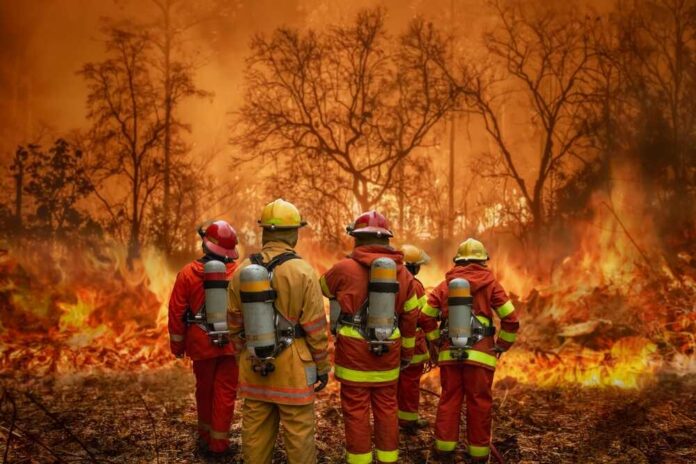
After the worst wildfires in the United States in more than a century ravaged communities throughout Maui, locals are grieving the loss of their homes but promising to remain put.
The residents fear that if insurance money and government aid don’t arrive quickly, survivors may give up and sell to gentrifiers, permanently altering the character of their cherished but rapidly changing neighborhood.
Developers have reached out in the days after the fires to inquire about purchasing the property on which islanders and their families have lived for decades if not centuries. John Dimuro has lived in Maui for over four decades and says islanders are against big businesses and affluent individuals purchasing large tracts of property to develop it. He argued that the government should prohibit development by saying “No.”
Hawaii’s governor, Josh Green, has contacted the attorney general to discuss the potential of putting a hold on the sale of any homes that have been damaged or destroyed. Green said that more than 2,200 buildings, including 86% of homes, were destroyed by the flames. He warned that it would be long before any expansion or homes are developed.
The developers who contacted Mark Stefl, 67, made him an offer that felt like a kick to the stomach. He and his wife have lost their employment, and he is concerned that even with insurance, he won’t be eligible for government aid to help rebuild their home.
Demand from tourists and short-term renters from other countries has contributed to a shortage of affordable properties in Hawaii. The typical condo price on Maui is $850,000, while the median house price has risen to almost $1.2 million. According to U.S. census data, the region has a typical yearly household income of nearly $88,000, with over 65% of the population being persons of color.
Many Lahaina houses were old and not up to code, making them “impossible to insure,” but insurance will help those with it. Sterling Higa, executive director of Housing Hawaii’s Future, believes the government, grassroots groups, and NGOs must work together to make it easier for displaced families to seek financial help and get affordable homes. He thinks individuals won’t feel as much pressure to sell if they receive adequate support and if houses are available.














